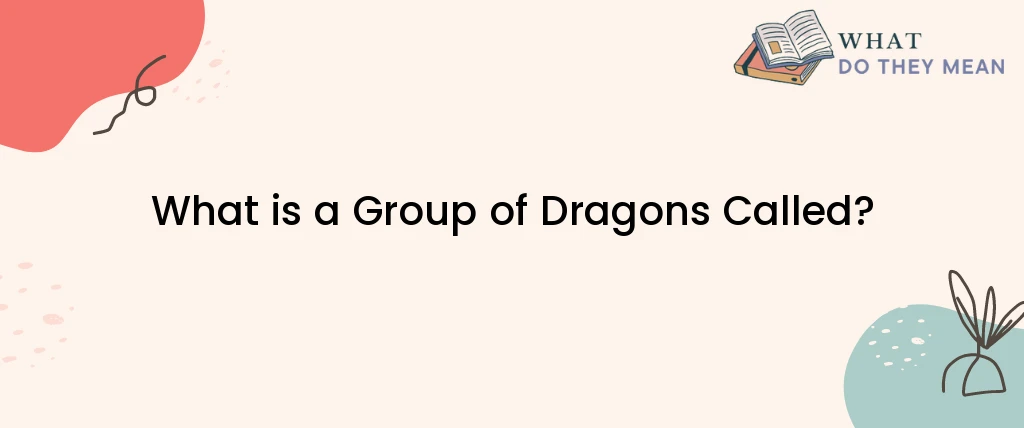Dragons have captivated the human imagination throughout history. These powerful, mythical creatures have been featured in various folktales, literature, and art. From their scaly bodies to their ability to fly and breathe fire, dragons embody both awe and fear. It is this enigmatic combination that continues to enthrall us.
Origins of Dragon Mythology
Dragon mythology can be traced back to ancient civilizations such as the Mesopotamians, Greeks, and Chinese. These cultures believed in the existence of dragons and incorporated them into their folklore and religious beliefs. Dragons were often associated with power, wisdom, and protection.
Characteristics of Dragons
Dragons are typically depicted as large reptilian creatures with wings, sharp claws, and long serpentine bodies. They are known for their immense strength, intelligence, and ability to spew fire. In different cultures, dragons may have varying appearances and abilities, but their awe-inspiring nature remains a constant.
The Solitary Nature of Dragons
In most dragon legends, these mythical creatures are portrayed as solitary beings. They inhabit remote and secluded areas such as mountains, caves, or deep forests. Dragons are often depicted as fiercely guarding their lairs and treasure hoards, deterring any potential threats or intruders.
Collective Terms for Mythical Creatures
In the realm of mythology, various collective terms have been assigned to groups of mythical creatures. For example, a group of unicorns is called a blessing, while a group of mermaids is called a school. However, when it comes to dragons, there isn’t a universally recognized collective term.
Is There a Specific Name for a Group of Dragons?
While no specific term is widely accepted for a group of dragons, the absence of a designated collective noun does not diminish the captivating nature of these creatures. It allows room for imagination and interpretation.
Alternative Terms for a Group of Dragons
Without a standard collective term, enthusiasts and fans of dragons have come up with alternative names for groups of dragons. Some popular suggestions include a flight of dragons, a wing of dragons, or even a horde of dragons. These terms evoke imagery of dragons soaring through the skies or gathering together in great numbers.
Dragon Lore in Different Cultures
Dragons hold a prominent place in the mythologies of various cultures worldwide. From the majestic imperial dragons of China to the fire-breathing dragons of European folklore, each culture has its unique interpretations and beliefs surrounding these mythical creatures. Dragons are often revered as powerful beings representing strength, wisdom, and good fortune.
The Symbolism of Dragon Groups
While dragons are often associated with individual power and might, the concept of a group of dragons carries its symbolism. A gathering of dragons may symbolize unity, protection, or the pooling of their strengths for a common purpose. It signifies the potential for even greater power and influence when dragons unite.
Dragons in Popular Culture
Dragons continue to be a popular subject in contemporary literature, movies, and other forms of entertainment. From J.R.R. Tolkien’s Smaug in “The Hobbit” to Daenerys Targaryen’s dragons in “Game of Thrones,” these mythical creatures have become iconic figures in modern storytelling. Their presence adds an element of awe, danger, and fantasy to these narratives.
Conclusion
Dragons have captured the human imagination for centuries with their awe-inspiring presence and mythical attributes. While there isn’t a universally accepted collective term for a group of dragons, the absence of such a term only adds to the allure and mystique surrounding these legendary creatures. Whether soaring through the skies or guarding their treasure hoards, dragons continue to ignite our wonder and fascination.

As a researcher, I am curious and driven by the pursuit of knowledge. I approach my work with a critical eye, carefully evaluating sources and methods to ensure that my findings are accurate and reliable. Whether delving into scientific studies, historical records, or cutting-edge technologies, I am always seeking to expand my understanding and make new discoveries. I am dedicated to uncovering new insights and finding solutions to complex problems, and am driven by a passion for uncovering the truth.

